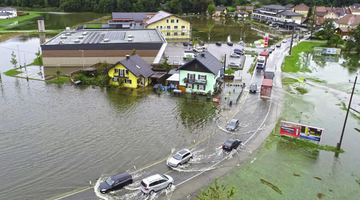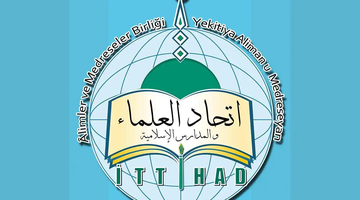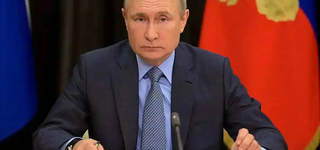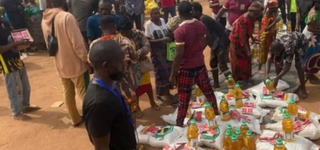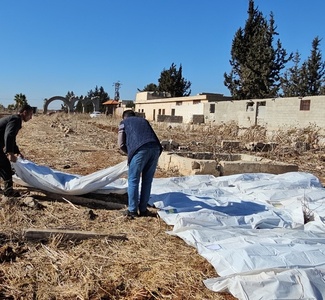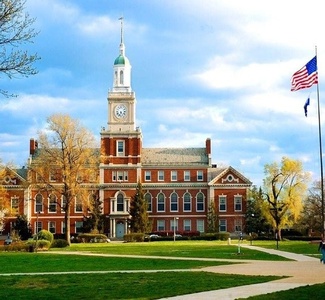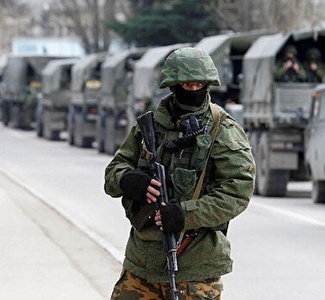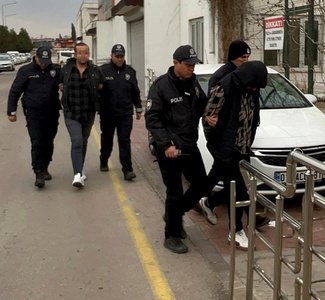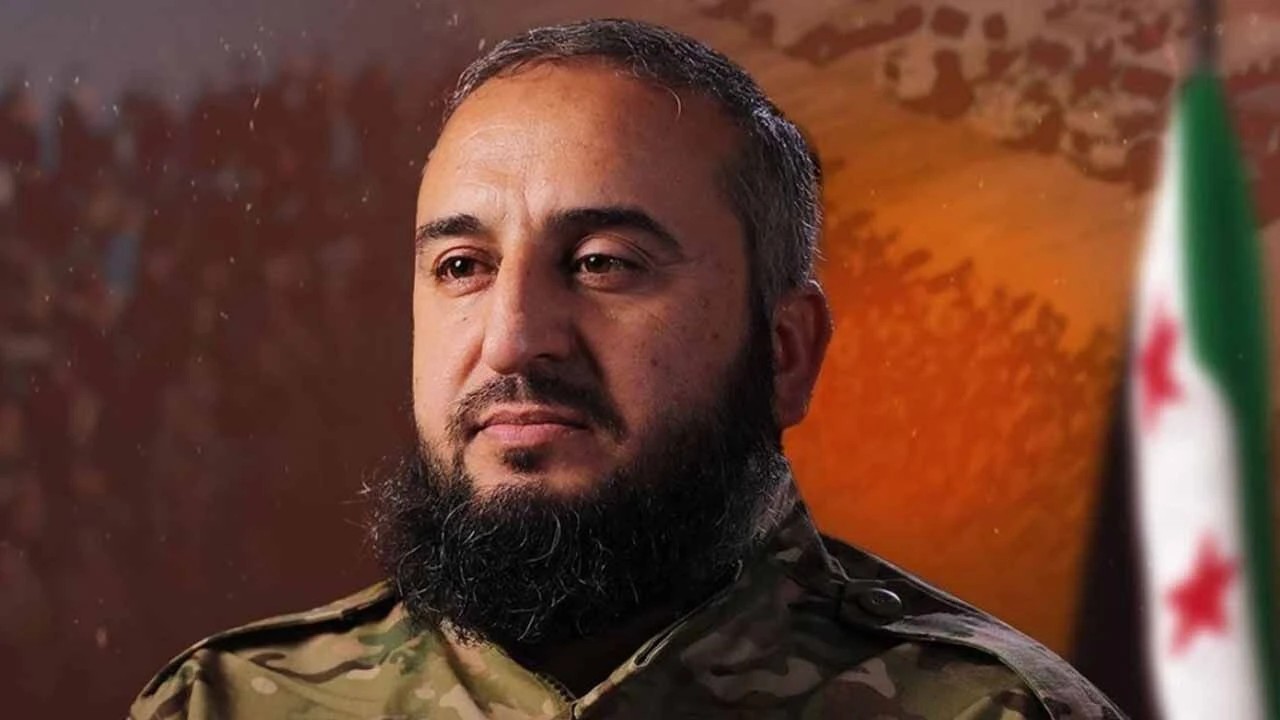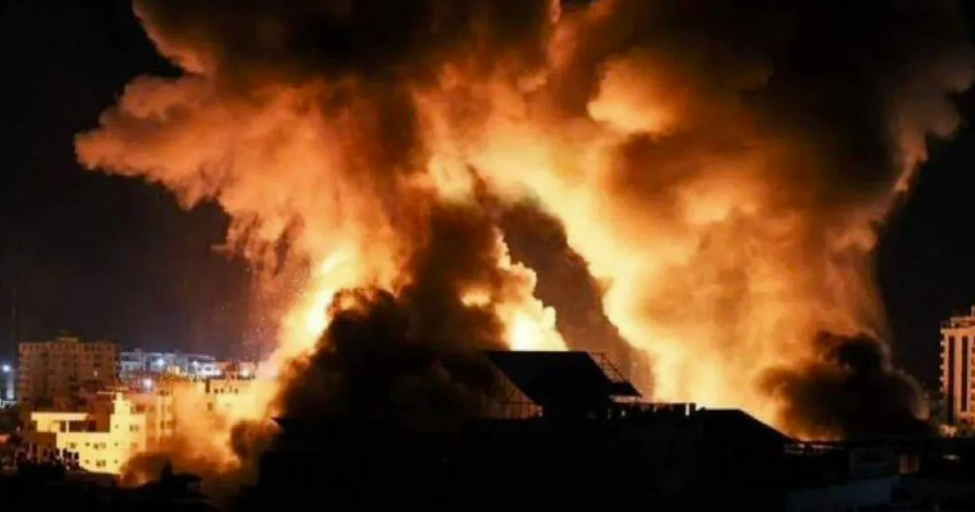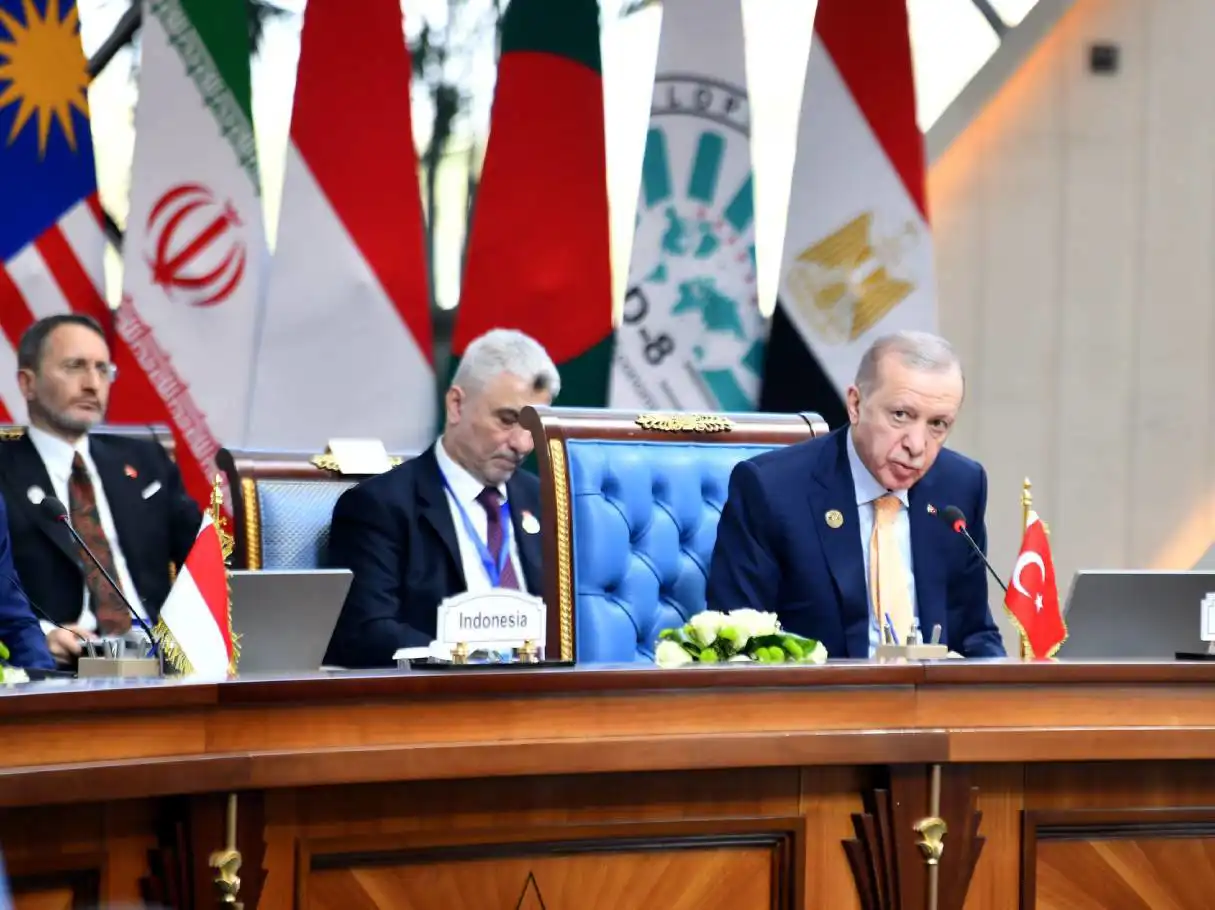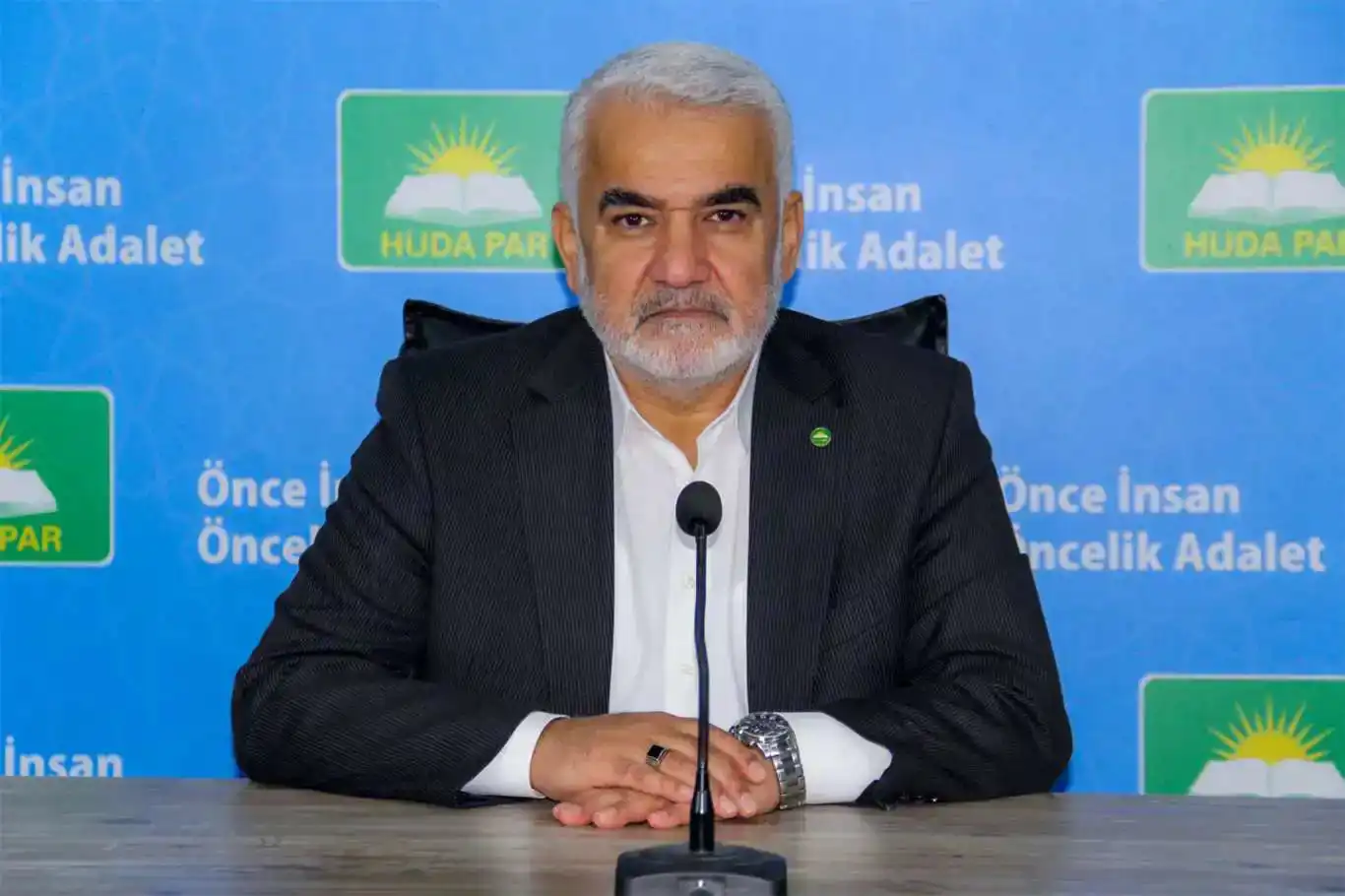Anura Kumara Dissanayake leads early results in Sri Lanka's presidential election
Anura Kumara Dissanayake is leading the early official results in Sri Lanka's presidential election, according to figures released Sunday by the Election Commission.
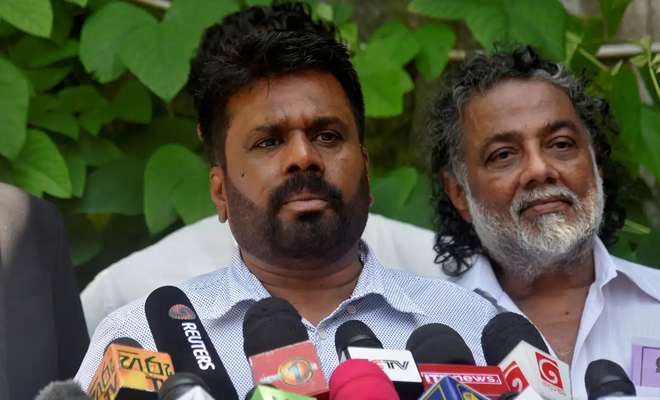
 Google News'te Doğruhaber'e abone olun.
Google News'te Doğruhaber'e abone olun. Dissanayake, however, remains short of the 50% threshold needed for an outright victory.
The election, which was held on Saturday, comes at a critical time as the country seeks to recover from its worst-ever economic crisis and the ensuing political turmoil.
Out of 38 candidates, the race has centered around three main contenders: Dissanayake, incumbent President Ranil Wickremesinghe, and opposition leader Sajith Premadasa. Dissanayake, who campaigned on a pro-working class and anti-elite platform, currently holds 47% of the vote. Premadasa follows with nearly 28%, while Wickremesinghe trails at 15%.
Dissanayake's strong showing is a significant leap from his performance in the 2019 presidential election, where he secured just 3% of the vote. His rise reflects growing voter fatigue with Sri Lanka's traditional political leaders, who are widely seen as responsible for the country's economic collapse.
Foreign Minister Ali Sabry congratulated Dissanayake on social media, expressing hope that he would lead with transparency and integrity. "I wish Mr. Dissanayake and his team every success in their efforts to lead Sri Lanka forward," Sabry wrote.
Despite the results, neither Wickremesinghe nor Premadasa has conceded defeat. Under Sri Lanka's electoral system, if no candidate secures at least 50% of the vote, the two leading candidates will face a second round of counting based on voter preferences listed on the ballots. The candidate with the highest vote count after this process will be declared the winner.
This election is seen as a referendum on Wickremesinghe's leadership and his handling of the country's fragile economic recovery. His government has been restructuring Sri Lanka’s debt under an International Monetary Fund (IMF) bailout program after the country defaulted on its debt in 2022. The government announced last week that it had passed the final hurdle in debt restructuring, reaching an agreement with private bondholders.
Despite improvements in key economic indicators, many Sri Lankans continue to struggle with high taxes and living costs. Both Dissanayake and Premadasa have pledged to renegotiate the IMF deal to ease austerity measures, while Wickremesinghe has warned that altering the agreement could delay the release of crucial IMF funds.
Sri Lanka’s economic crisis, exacerbated by excessive borrowing, the COVID-19 pandemic, and a foreign exchange shortage, led to widespread shortages of essentials like food, fuel, and medicine. The crisis culminated in protests and riots that forced former President Gotabaya Rajapaksa to flee the country and resign in 2022.
Wickremesinghe, elected by parliament to complete Rajapaksa’s term, has been navigating the nation’s recovery ever since. Final election results are expected Sunday evening, with over 17 million eligible voters participating in the poll. Authorities have imposed a nationwide curfew as a precaution until midday Sunday. (ILKHA)




























